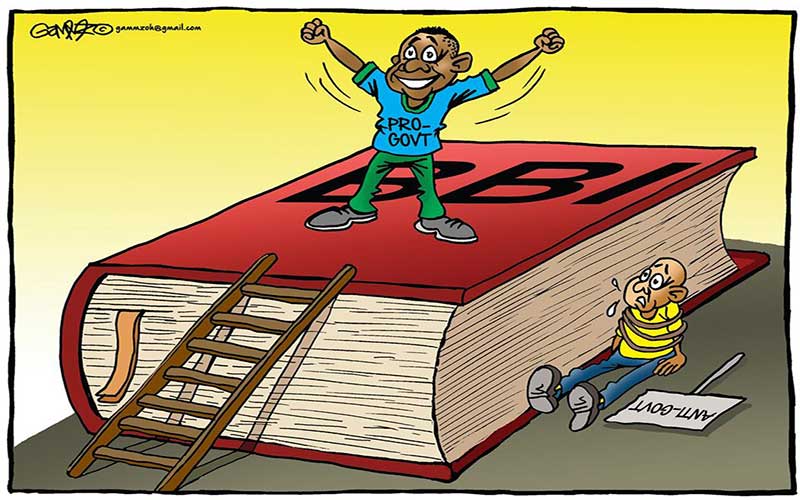×
The Standard e-Paper
Join Thousands Daily

Kenyans are used to political fads. Among them is the Building Bridges Initiative (BBI) which, as a political concept, captures imagination in many ways and is presently the talk of the nation in confusing rather than clearing matters. Every day, it seems to achieve the opposite of what it intended. It has three interlocking phases: The beginning, its current status that is more murky than clear, and the meaning of its likely future to the country. In the process, BBI seems to lose value.